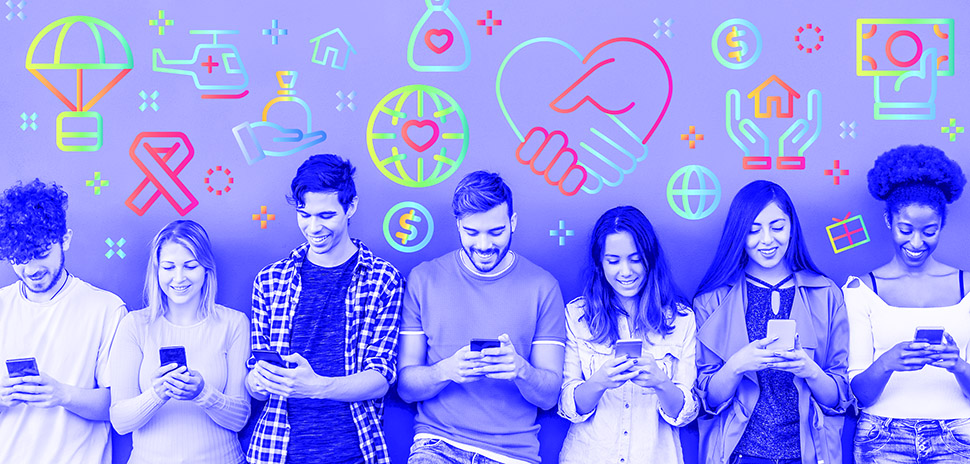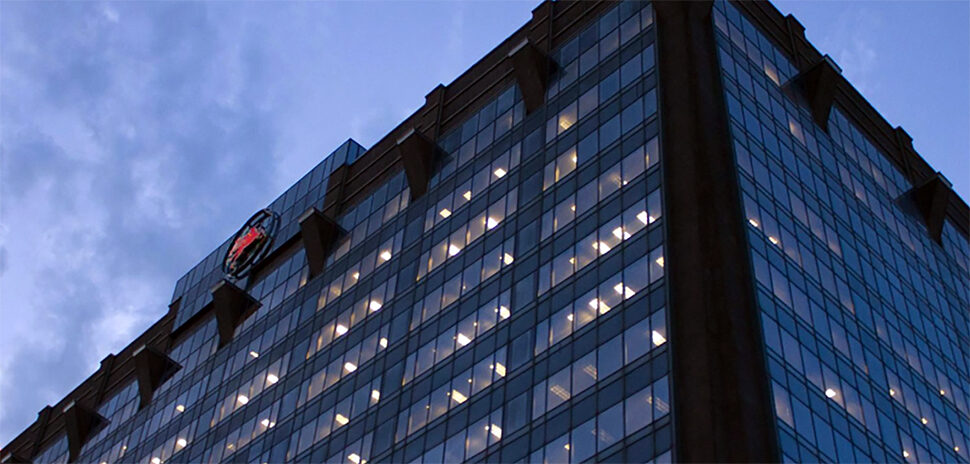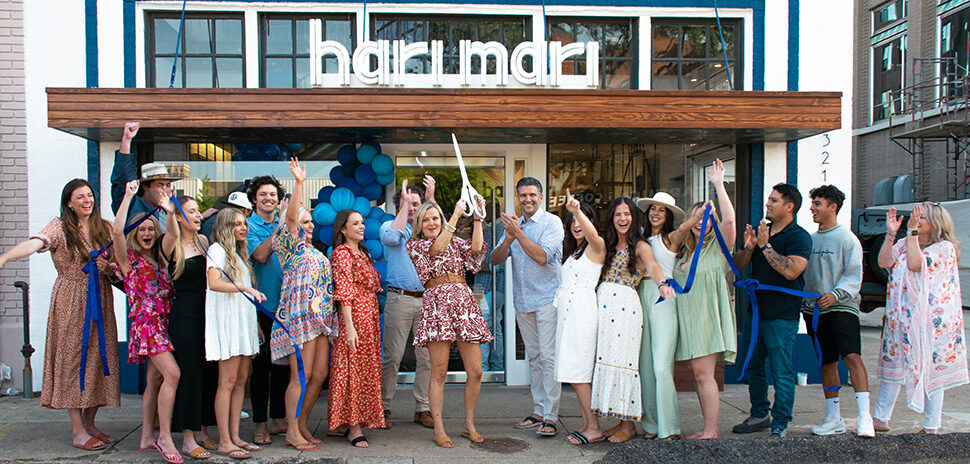Millennials are more than just about side hair parts and skinny jeans. Instagram and Tik Tok users are finding that you can fundraise for your favorite causes on these platforms. Philanthropy is looking younger.
A recent Senate bill could change charitable giving by forcing money set aside for charity to be dispersed in a shorter period. The bill would shift Donor Advised Funds’ rules and ensure that these are distributed in more reasonable timeframes. The Philanthropy Roundtable has called this potential new change dangerous for future charitable giving and those that benefit.
Regardless of whether there is a change in laws, it is crucial to start training young philanthropists sooner. We need new perspectives, skills, and approaches from BIPOC, millennials, and Gen Zers.
Philanthropy is the love for humankind. A values conversation that includes questions like what values sustain lasting change for the community is essential every day in a setting where we want social justice.
When older generations think about millennials, especially those under 30, they don’t think about them as future philanthropists. Instead, they think of them as being entitled or narcissistic, only worried about their next selfie.
Yet, as a millennial, I have witnessed that even in my group of millennial friends, most of them are committed to all forms of social impact—in the things they eat, what they wear, and even who they follow on social media sites.
In 2020, 75 percent of millennials made a charitable donation to a nonprofit or friends and family that COVID-19 impacted. A 2015 study found that over 70 percent of this generation spent time volunteering. In addition, Fidelity Charitable’s survey of 3,000 adults, including entrepreneurs, found that millennials donate $13,654 a year to charity.
Philanthropy has been synonymous with extreme wealth for too long. In a recent article in The New York Times, it is evident that very wealthy individuals have used the promise of philanthropy as a way to get tax breaks and have put a limited amount of dollars to work while most money sits in funds.
In fact, due to the way the law works, even large foundations like the Bill and Melinda Gates Foundation are only required to disburse 5 percent of their assets yearly. There have even been concerns around how their divorce would upset the foundation’s giving.
These big donors are making significant commitments to philanthropy, but in reality, it is little relative to their wealth and the taxes many of them do not pay. An article called “Generous” Billionaires Are Part of the Problem talks about how the very wealthy give to hold even more power contrary to the love of humankind.
That power needs to be disbursed. We need to start valuing younger, everyday philanthropists. You do not need to be the richest to give back or understand that social impact can be found in many spaces. If we start changing the paradigm, we can bear more fruit for longer.
When I first started working for my latest organization, it was no secret that my boss found millennials to be the most annoying generation, yet continued supporting their ambitions. “Millennials don’t have loyalty,” said my boss on a podcast.
My boss hasn’t been the only one saying these things. In 2013, Time Magazine published an article called Millennials: The Me, Me, Me Generation and called this generation the one with the most unmet expectations.
The COVID-19 pandemic threw yet another wrench in our lives. We couldn’t be at the latest bar or enjoying an avocado toast with overly expensive iced coffee; we were forced to stay home.
Millennials are an exceptionally generous and creative generation. Despite his opinions as part of the Boomer generation, even my boss has learned from millennials as mentors in his CEO role. In fact, he has made it a point to uplift more millennials than anyone else I know and continues to think about how to bridge the divides that exist among generations. That has been extraordinary to see in my time at the organization. We need more people like him in philanthropy.
The pandemic hasn’t stopped most millennials from giving back.
With the COVID-19 pandemic, there has been an increase in giving with more intentionality. Working for a philanthropic organization, I have seen people of all ages and generations want to give back through skills-based volunteering and pool funding to have a more considerable impact.
More companies are starting to believe that skills-based volunteering is the future, yet there is still little training and coordination of these programs.
Across the nation, there have been several programs popping up to give training to younger generations to go out and do more in their communities.
In Dallas-Fort Worth, The Dana Juett Residency is among a handful of programs seeking to grow a new generation of social leaders, but the only program focused on the venture philanthropy model of giving. Millennials and Gen-Zers combine pro-bono consulting, leadership development, and sustainable financial investment to break down the barriers to giving while building their capacity for effective philanthropy.
The uniqueness of groups like Social Venture Partners, a global network of engaged philanthropists, is that you don’t have to be a millionaire to make a significant impact. For the last four years, I have worked for Social Venture Partners Dallas, and we do the non-sexy, back-office work with social impact organizations.
Billionaires might not see my own Dallas community as their bright spot, so I have been motivated by the work our partners do that more quickly trickles down to communities like the one where I grew up. We give back with our business skillset and work with groups of all sizes and causes, magnifying impact through skilled-based volunteering. Anyone can donate and have it be a part of something bigger instantly.
We can all be philanthropists in our communities.
Prisma Y. Garcia is a community member of the Pleasant Grove neighborhood and the Director of Capacity Building at Social Venture Partners Dallas. She is a social impact professional and 2021 Public Voices Fellow of The OpEd Project.
![]()
Get on the list.
Dallas Innovates, every day.
Sign up to keep your eye on what’s new and next in Dallas-Fort Worth, every day.


































































